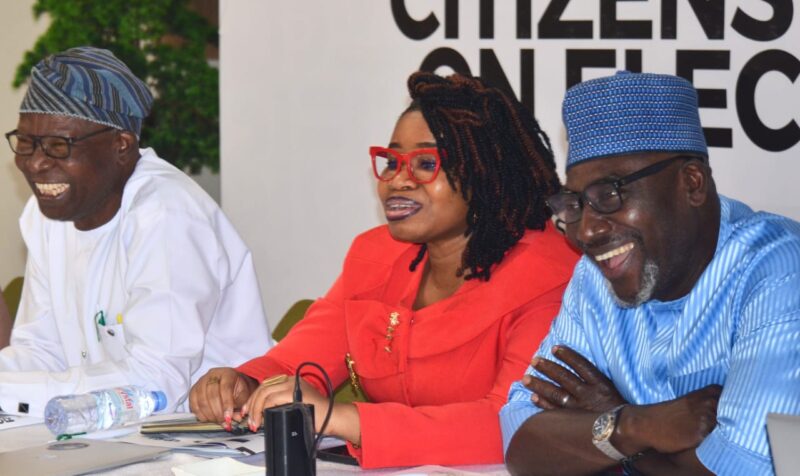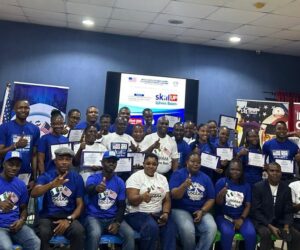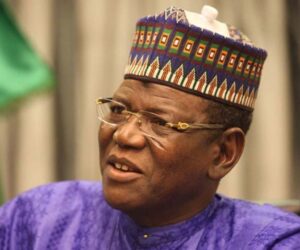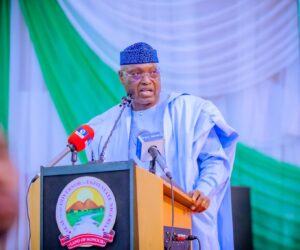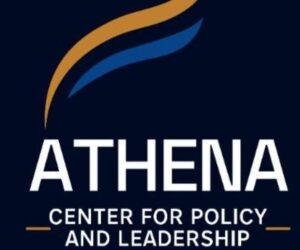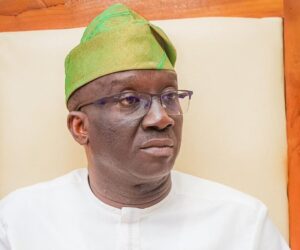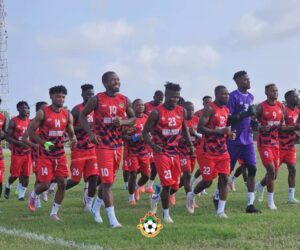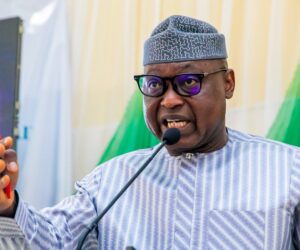Executive Director of the International Press Centre (IPC), Lanre Arogundade, has called on the media to play a vital role in the ongoing constitution and Electoral Reforms at the National Assembly.
Mr Arogundade made the call on Tuesday while declaring open the Consultative Roundtable with media stakeholders on the Citizens’ Memorandum on Electoral Reform.
The event was convened by the IPC in partnership with Yiaga Africa and the European Union. It comes under the auspices of Component 4 of the Support to the Media of the European Union Support to Democratic Governance in Nigeria Phase Two (EU-SDGNII) programme.
Mr Arogundade said that as the National Assembly prepared to resume from its two-month recess, it had become pertinent to review the proposals for electoral reforms to determine their feasibility ahead of the 2027 general elections.
The federal legislature was scheduled to reconvene plenary until Tuesday, but it shifted the resumption to 7 October.
“Distinguished colleagues, notwithstanding the considerable efforts invested in advancing the citizens’ memo, we have now reached a pivotal juncture where media support is both essential and highly valued.
“As the National Assembly reconvenes, it will be reviewing several proposals for electoral reforms to determine their feasibility for enactment within the statutory period required for amendments to take effect before the 2027 general elections.
“Historical precedent, such as the 12-year campaign for Nigeria’s Freedom of Information Act, demonstrates that meaningful reform is often achieved when the media actively champions the cause.
“Throughout this advocacy effort, the media played a significant role by serialising the bill’s content, publishing editorials, columns, news reports, features, analytical pieces, vox pops, and conducting interviews.
“Additionally, media organisations and professional bodies contributed to public hearings through formal presentations.
“The significant influence exerted by the media contributed to the passage and enactment of the FOI bill under the administration of Goodluck Jonathan in 2011.
“Additionally, it should be noted that the electoral reforms previously mentioned were also achieved with media support, reflecting a pattern observed in other countries such as Canada, New Zealand, Mexico, South Korea, and several Eastern European nations, where the media serve as key catalysts for legislative and policy advancements,” he said.
The executive director explained that the IPC and its partners convened the consultative forum to enhance a shared understanding of the issues with the media to enable it (media) to play a critical role.
He listed some of them as: to establish a shared agenda regarding the proposed reforms through targeted editorialisation of the issues; engage key electoral stakeholders and political actors and encourage them to consider supporting the reforms; and invite media organisations, associations, and professional bodies to actively participate in advocacy efforts.
Others are to enhance public understanding and effectively address any misconceptions regarding the reforms, and encourage members of the National Assembly, as elected representatives, to consider passing the proposed reforms.
He said the time had come to increase advocacy as the National Assembly would be concluding the constitution amendment process soon.
Mr Arogundade, a former chairman of the Lagos State Council of the Nigerian Union of Journalists (NUJ), noted that the focus is on the efforts to enhance electoral processes and institutions, essential for organising credible and acceptable elections.
According to him, a deep analysis of elections in Nigeria, including the numerous disputes that arise during election cycles, shows that these issues often result from weaknesses in electoral structures and processes, as well as instances where some political actors do not adhere to established rules.
“Recent improvements in Nigeria’s election management—like using technology for accreditation and voting with BVAS, and empowering officials to refuse to sign results under duress—are outcomes of reforms championed by civil society organisations and non-state actors.
“The EU-SDGN cohort played a leading role in advocating for these significant changes during the first phase of the programme.
“The situation described above relates to the current initiative, which aims, through the citizens’ memo, to support the consolidation of democracy in Nigeria by maintaining previous progress and inclusively promoting electoral reforms.”
Speaking on the content of the citizens’ memorandum submitted to the National Assembly, Mr Arogundade said it includes enhancing the operational independence and impartiality of the Independent National Electoral Commission (INEC); facilitating early voting and diaspora participation to promote greater inclusivity; advancing party democracy and limiting money’s role in politics; improving the transparency of election result collation and transmission; and enhancing the legal framework to facilitate the prompt prosecution of electoral offences.
The IPC director stated that they were products of engagements with Nigerians, which were facilitated by the EU-SDGN programme, aimed at promoting a pluralistic, participatory, and representative democracy in Nigeria through five components that provide support to INEC, the National Assembly and the Judiciary, political parties, civil society, the media, as well as women, youth, and persons with disabilities.
On her part, the Director of Programmes, Yiaga Africa, Cynthia Mbamalu, said about two million people could not vote in the 2023 general elections because of the nature of their work.
She listed some of them as journalists, election observers, security personnel, INEC staff, and others.
She said it was necessary to amend the Electoral Act to incorporate early voting to enable the eligible voters among them to exercise their franchise in future polls.
Ms Mbamablu said some of the eligible voters on essential duties have not voted for a long time, noting the trend is noticeable across the world.
In his presentation, Tony Onyima, a senior lecturer at Paul University, Akwa, Anambra State, urged journalists to deepen their reporting on democracy, elections, and the National Assembly.
Mr Onyima, a former managing director of The SUN newspaper, asked Nigerians to see the Electoral Act as a very important ingredient for democracy to survive.

